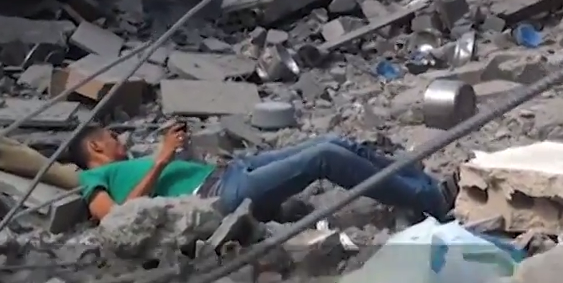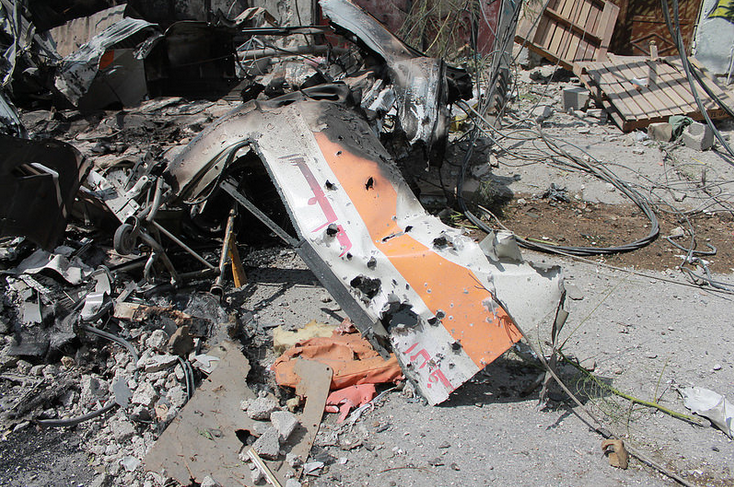Author: ISM Media
-
Young man injured by Israel army live ammunition in invasion of Iraq Bureen
21st July 2014 | International Solidarity Movement, Nablus team | Iraq Bureen, Occupied Palestine On Thursday, July 17, 19 year old Mohamad Yousef Kadan was shot by an Israeli soldier in Iraq Bureen, near Nablus in the northern half of the West Bank, during an army invasion into the village. Mohamad was playing football with…
-
Video of Israeli sniper killing wounded civilian
21st July 2014 | International Solidarity Movement | Gaza, Occupied Palestine See Update here Yesterday, international and Palestinian volunteers accompanied Civil Defence and other rescue crews, as well as family members, into Shajiya neighbourhood in Gaza. They attempted to locate survivors of overnight and ongoing shelling by the Israeli army. A young Palestinian man in a…
-
‘Death Zone’ in Shajiya
20th July 2014 | Rina Andolini | Gaza, Occupied Palestine There was a ceasefire today for 3 hours – so some of us internationals went to the area which I refer to as the ‘Death Zone’ – Shajiya, we went to see if we could help with the masses of injured amongst the rubble. The Death…



